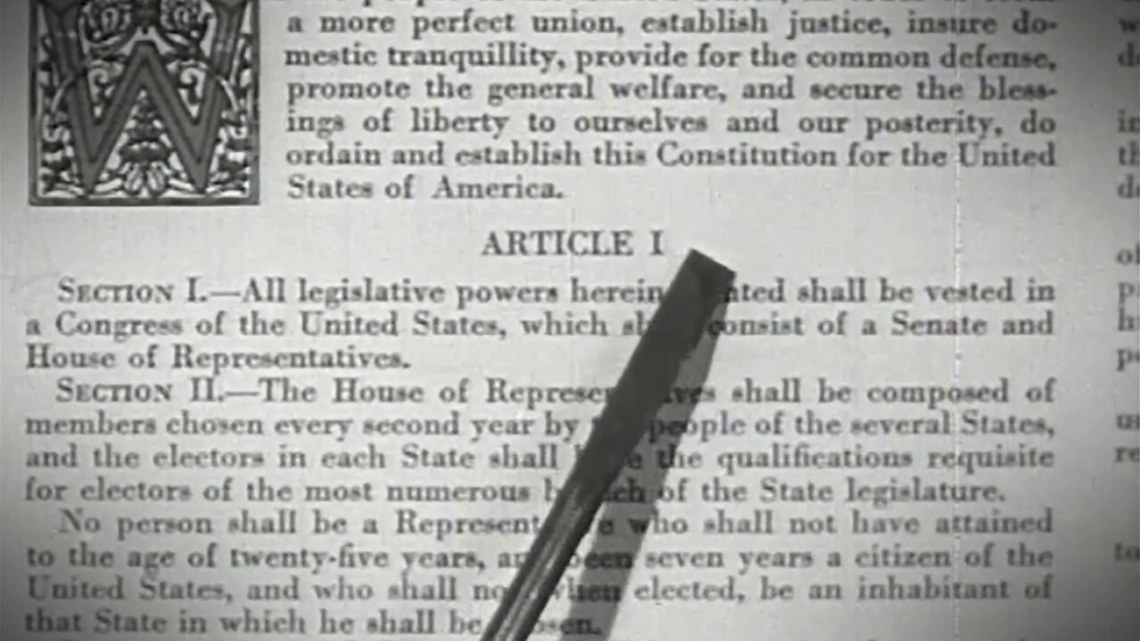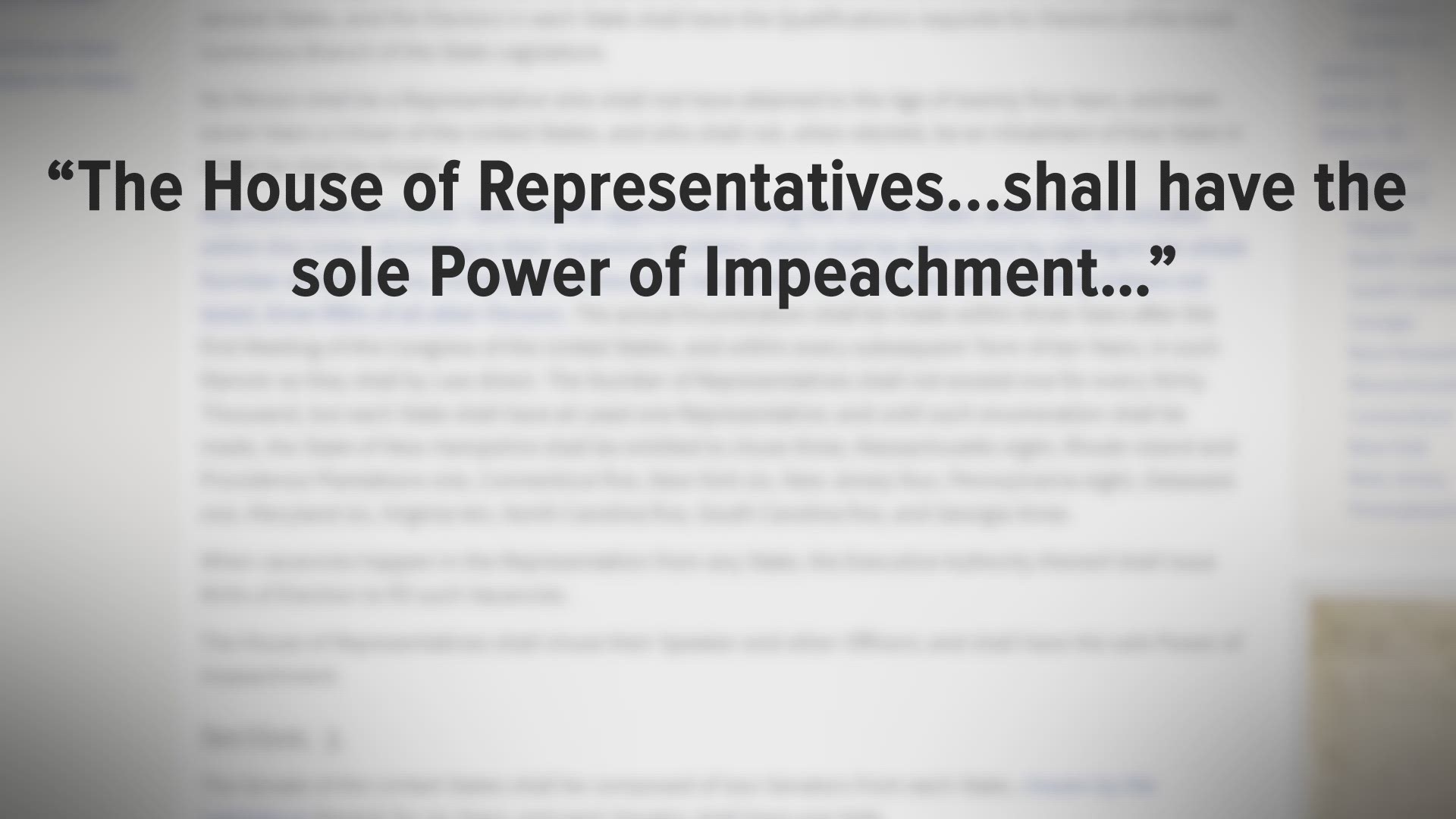The House of Representatives has officially voted to impeach President Trump. He is now just the third president in American history to be impeached.
That means the next step in the process is a trial in the Senate. How will this be different from what we’ve seen so far?
That all depends on the senators.
This is because the Constitution doesn’t say much in regard to impeachment. Article I Section 2 says the House of Representatives “shall have the sole Power of Impeachment.” Article I Section 3 says, “The Senate shall have the sole Power to try all Impeachments.”
Nowhere in the Constitution does it outline the procedures of the impeachment process. It says impeachment shall extend no further than removal from office and, when the president is tried, the Chief Justice of the United States shall preside over the trial.
So what can we expect?
First, the House will select a group of representatives, called case managers, to present the case to the Senate in the trial. They serve a role similar to prosecutors in a traditional court setting.
There were seven case managers in the Andrew Johnson impeachment, and 13 managers in the Clinton impeachment.
The Senate is supposed to let the managers present the case uninterrupted. That’s according to rules the Senate agreed to in 1986 regarding impeachment trials. Those rules state the Senate can compel the attendance of witnesses, similar to what the House did when they summoned administration officials and diplomats to testify.
RELATED: Quick impeachment questions answered
However, there is no guarantee the Senate will actually bring in witnesses. In the Johnson impeachment, there were 25 prosecution witnesses and 16 defense witnesses. The house managers in the Clinton case wanted to bring 15 witnesses to the trial after calling none to the house. No witnesses gave live testimony in Clinton’s trial and just three testified on video to be played in pieces during the proceedings.
Typically, the Senate Majority and Minority leaders work together to create rules for the trials. However, rules for a trial are settled by a simple majority vote, meaning that rules don’t need support from the minority--the Democrats--to pass.
In fact, a simple majority vote is all that’s needed for most decisions made during the trial process. Chief Justice John Roberts can make rulings on “questions of relevancy, materiality, and redundancy of evidence and incidental questions,” regarding evidence, according to the Senate’s 1986 rules, but any member of the Senate can call for a formal vote to overturn Roberts’ decision.
The one place where simple majority won’t matter is the conviction. Two-thirds of the Senate, that’s 67 members, must vote to convict the president for him to be removed from office.



